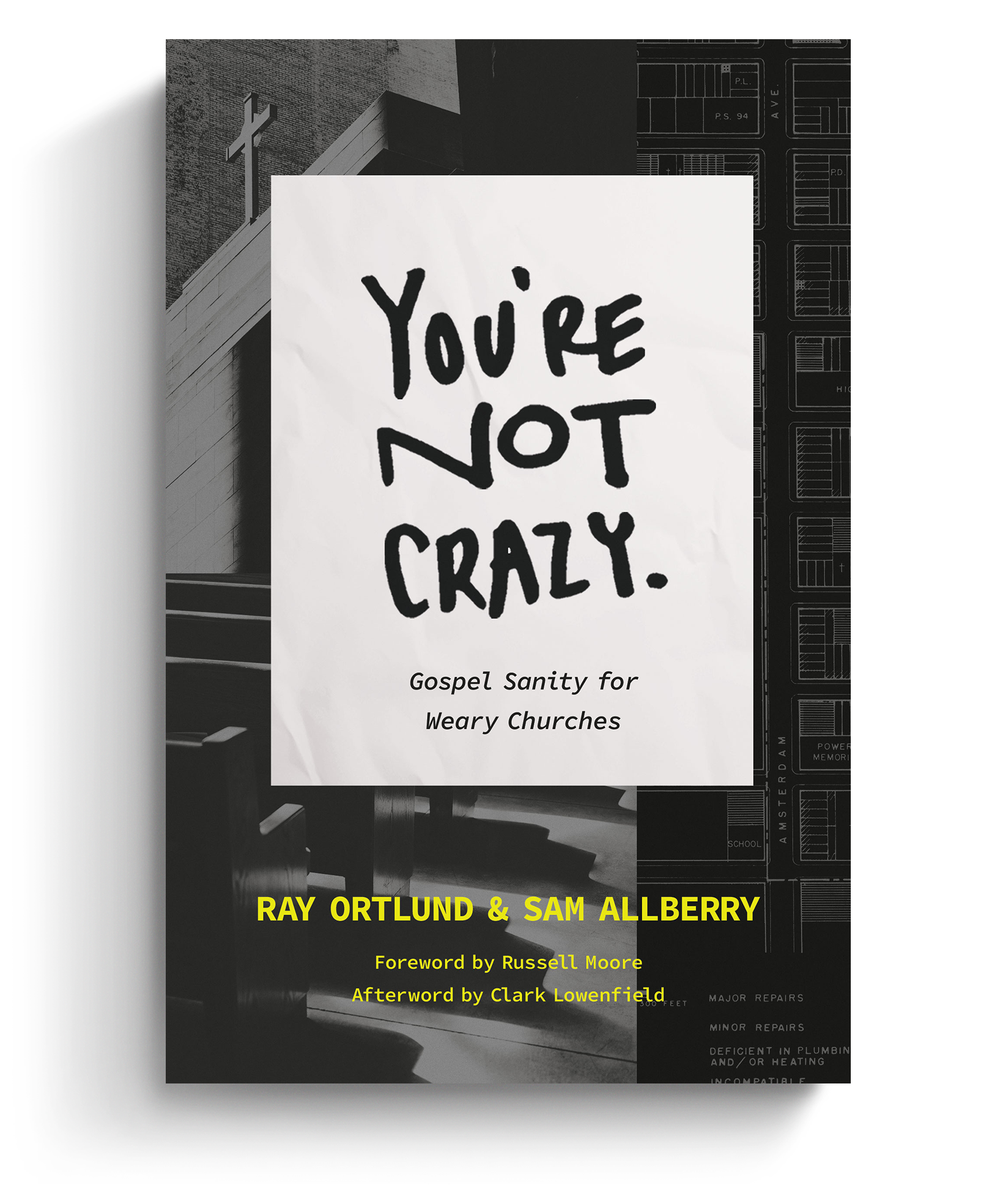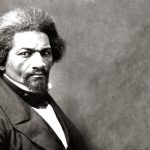I’m one among millions of fans remembering the genius of Robin Williams after his tragic death earlier this week. A browse through his IMDb page evokes warm memories of family movie nights watching Aladdin and Mrs. Doubtfire, a paper I wrote in high school about the Dead Poet’s Society, and a late-night discussion with friends over Good Will Hunting. However, of all his movies, the vivid scenes from What Dreams May Come have been the most prominent in my mind as I try to process his death.
In the film, heaven and hell are the projections of each individual’s imagination and outlook on life. Williams plays the role of Chris, who goes to heaven after a terrible accident and experiences it as a colorful and peaceful paradise. However, Chris’s wife had committed suicide and ends up separated from him in hell—the horrible creation of her own warped view of life.
Vanity Fair released an article a few days ago reflecting on Williams’s thoughts about the afterlife from interviews about the film. Williams mused that heaven was much like his home: “I live in San Francisco, which to me is close to heaven. It’s not, but it’s real close.” He said that if heaven exists, it’d be nice “to know there’s laughter” and that God knows how to tell a good joke. In another interview, he said:
I think you are getting your dreams, a preview of coming attractions in heaven and hell, if you believe in heaven and hell. It’s a weird thing, because the moment you get into a heaven and hell discussion, you go, “Is it a Catholic heaven? Is it a Jewish heaven? It’s like Miami on a nice day. Is it a Buddhist vision?” I believe that you have samples here on earth of heaven.
Heaven Is Not on Earth
Discussions about the afterlife can be so uncomfortable because we all have our own ideas about what it should be like—who should be there, what we’ll do, what God is like (comedian? grandfather figure handing out Werther’s candy?), and if we think the afterlife even exists at all. Like in What Dreams May Come, many would be happy if heaven was a projection of their own imagination—a realm patterned after their own dreams and character. But this cannot be so because the human mind and imagination are imperfect and sinful. Heaven would be a nightmare if it reflected our dreams. Our paradise would be polluted by our own selfishness, anger, greed, jealously, lust, and pride. It would probably look a lot like the world we live in now.
While earth may have samples of heaven, it also has samples of hell. Robin Williams’s life and death show that this earth can offer laughter, creativity, and passion in one hand and then deal sorrow and pain in the other. Even committed Christians are not exempt from hurt and depression in this life. The idea that heaven is on earth can only lead to disappointment, forfeiting all hope to the belief that it doesn’t get better than this.
In his sermon “Heaven Is a World of Love,” theologian Jonathan Edwards stated that there are three worlds: “One is this present world, which is an intermediate world, a world where good and bad, love and hatred are mixed together; a sure sign that the world is not to continue,” and another world “is hell, a world of hatred where there is no love.” When we understand hell as a world absent of love and joy, where there is strife with God, one another, and with oneself, it’s clear that human beings experience glimpses of hell every day on this earth.
Heaven Is a World of Love
The other world is “heaven, a world of love and no hatred,” Edwards said. Heaven is the projection of God’s character and imagination, not ours. I remember reading the final scene in C. S. Lewis’s The Last Battle from The Chronicles of Narnia series and longing to jump into that paradise right that instant: “Come further up, come further in!” But then I thought: if Lewis’s finite imagination can fashion a place this wonderful, imagine what the infinite and all-wise God can do!
Heaven is a world of love because, as Edwards noted, “God is the fountain of love, as the sun is the fountain of light.” Heaven is different from earth because unlike us, God “is an unchangeable and eternal Being,” thus “he is an unchangeable and eternal source of love.” Earthly love can be fickle, selfish, short-lived, and tainted, but love in heaven is perfect because God is present in his glory. “Most of the love which there is in this world is of an unhallowed nature,” Edwards wrote, but “in heaven, the love which has place there is not carnal, but spiritual; not proceeding from . . . selfish motives, and to mean and vile purposes; but there love is a pure flame. The saints there love God for his own sake, and each other for God’s sake.” The amount of love will be full and the exercise of love will be perfect, unspoiled by earthly hardship. Unlike our world, there is no fear of love failing, not being satisfied or reciprocated, or coming to an end.
So what does all of this have to do with us living in this world now? We can experience samples of heaven on earth through love for God and our neighbor: “If you would be in the way to the world of love, you must live a life of love.” In heaven, we will have true peace and love with God, one another, and with ourselves. But Edwards counsels that this peace and reconciliation can only come through faith in Christ and not in this world. Christ paid the penalty of sin and endured hell on our behalf so that we can enjoy eternal life in the “world of love” with God rather than the “world of hatred.”
Heaven is not found in our imaginations or in our faith in this world. It’s a far better place because it proceeds from God’s imagination, and we get there through faith in Jesus.
Are You a Frustrated, Weary Pastor?
 Being a pastor is hard. Whether it’s relational difficulties in the congregation, growing opposition toward the church as an institution, or just the struggle to continue in ministry with joy and faithfulness, the pressure on leaders can be truly overwhelming. It’s no surprise pastors are burned out, tempted to give up, or thinking they’re going crazy.
Being a pastor is hard. Whether it’s relational difficulties in the congregation, growing opposition toward the church as an institution, or just the struggle to continue in ministry with joy and faithfulness, the pressure on leaders can be truly overwhelming. It’s no surprise pastors are burned out, tempted to give up, or thinking they’re going crazy.
In ‘You’re Not Crazy: Gospel Sanity for Weary Churches,’ seasoned pastors Ray Ortlund and Sam Allberry help weary leaders renew their love for ministry by equipping them to build a gospel-centered culture into every aspect of their churches.
We’re delighted to offer this ebook to you for FREE today. Click on this link to get instant access to a resource that will help you cultivate a healthier gospel culture in your church and in yourself.

































